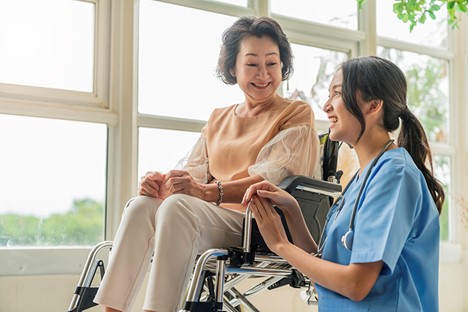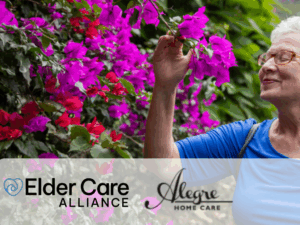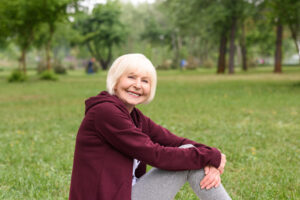Aging is a natural process that brings joy and fulfillment, but it also raises many questions for families and their loved ones. Many older adults will need dedicated health or memory care at some point in their lives, and you or your loved ones can navigate your choices better when you’re armed with knowledge. Here’s what you need to know about the differences between professional and family care.
What Is Family Care?
Family care is when individual members of a family volunteer their time to take care of a loved one in older age. This usually happens in the home. Family caregivers don’t get paid for the care they provide, and they often live with the family member they look after.
Most family caregivers are not registered nurses or healthcare professionals, so they provide non-medical services such as:
- Financial management
- Care coordination
- Scheduling
- Hygiene care
Family members who care for older adults living with health issues have unique insight into what their loved ones need. Professional caregivers must work with family members to create a holistic plan of care.

What Is Professional Care for Older Adults?
There are many reasons why you or your loved one may seek out a professional caregiver. These caregivers offer medical and non-medical services for older adults and get paid for the care they provide. Professional caregivers can work in your home, but they also work at long-term care facilities.
Depending on your loved one’s health concerns, you may decide to hire a registered nurse or a licensed practical or vocational nurse. If your loved one requires assistance with more complex medical procedures such as blood draws, IV management, catheter care, palliative/end-of-life care, and more, then you’ll likely want to turn to professional caregivers.
The Differences Between Professional and Family Care
As you navigate health concerns and long-term care considerations with your loved one, it can help to understand the differences between professional and family care. The biggest distinction is that professional caregivers can offer medical assistance that family members usually can’t. However, the differences don’t end there.
Because professional caregivers are part of the workforce, they have more experience with the day-to-day needs of older adults, including tasks that may overwhelm family members, such as changing adult diapers and cleaning up bodily fluids. While family members may feel unable to take breaks from providing care for a loved one, professionals work on shifts and have scheduled breaks to decompress from their work.
Discover Holistic and Dignified Care
Many older adults can age at home with the comfort of family members nearby. However, transitioning to a long-term care community doesn’t have to be stressful if it’s the best option for you and your family.
At Elder Care Alliance, our mission is to provide holistic, dignified care for the members of our community. Visit one of our communities or call us to learn about our staff of professional caregivers, nurses, and health aides. With high-quality amenities and a person-centered practice of caregiving, you and your loved ones can confidently embrace the transition to long-term care.




















